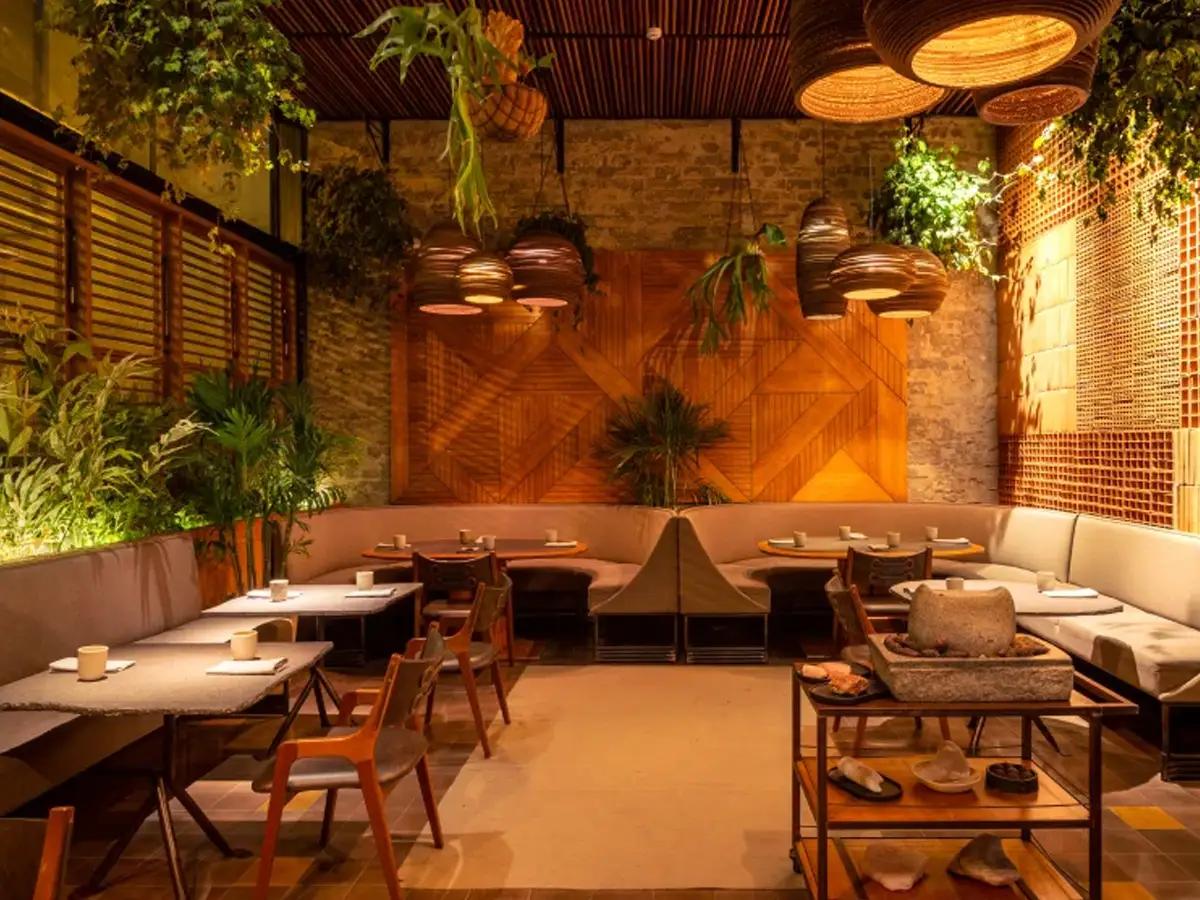Highly recommended restaurants Lockhart locals and travelers love.
Highly recommended restaurants Lockhart locals and travelers love.
Blog Article
Why Eating at Local Dining Establishments Sustains Your Community and Thrills Your Taste Buds
Eating at neighborhood dining establishments provides more than simply a dish; it acts as a vital element in nurturing area vitality and economic strength. By buying from these establishments, people not just delight in varied culinary experiences yet likewise add to regional task development and the support of regional farmers. This symbiotic connection fosters an abundant tapestry of flavors that reflects regional culture and heritage. The ramifications of such options extend much past the plate, inviting us to consider exactly how our dining routines shape the communities we populate. What might this suggest for the future of neighborhood dining and community link?
Economic Influence of Regional Eating

The financial impact of neighborhood eating extends far past the dining establishment itself, influencing a wide variety of industries within the area. Local dining establishments play a crucial duty in promoting financial development by producing tasks, sustaining local vendors, and contributing to community revenues. When customers select to dine at local establishments, they assist receive employment for cooks, web servers, and maintenance team, hence boosting the neighborhood task market.
In addition, regional dining establishments often source ingredients from close-by ranches and manufacturers, fostering a durable supply chain that profits various agricultural sectors. This technique not just sustains local economic situations but likewise urges sustainable farming techniques. Additionally, the sales tax produced from these restaurants adds to crucial public solutions, such as education and facilities, which better improves community lifestyle.
Additionally, regional eating establishments commonly promote a sense of neighborhood, attracting residents and site visitors alike, which can cause raised foot website traffic in surrounding organizations. This interconnectivity among local enterprises enhances economic durability, developing a vibrant and sustainable neighborhood ecosystem. In essence, the support of neighborhood eating is a financial investment in the more comprehensive financial wellness of the area, advertising growth and sustainability for future generations.
Distinct Culinary Experiences

In addition, lots of neighborhood facilities welcome farm-to-table methods, emphasizing the value of seasonal fruit and vegetables. Diners can appreciate the quality of ingredients sourced from nearby ranches, which not only boosts taste however likewise promotes a link to the regional landscape. This commitment to high quality and area establishes the stage for distinctive culinary experiences that are commonly missing in chain restaurants.
In addition, regional cooks regularly try out blend food, blending diverse cooking practices to create exciting new recipes. Such technology not only tantalizes the taste yet additionally motivates daring dining, welcoming clients to widen their cooking horizons. Engaging with regional dining establishments allows restaurants to take pleasure in meals that are not just regarding food, however regarding the creativity and passion that define the culinary world, making every eating experience really one-of-a-kind and delightful.
Strengthening Neighborhood Bonds
Dining at local restaurants plays a crucial role in reinforcing area bonds by cultivating connections among citizens. These facilities function as crucial event areas where people can take part in meaningful conversations, share experiences, and develop enduring memories. As patrons frequent the same neighborhood places, they cultivate a sense of knowledge and camaraderie, enhancing social connections within the area.
Moreover, neighborhood dining establishments commonly mirror the special cultural fabric of their areas, showcasing local practices and cooking heritage. This celebration of neighborhood culture not just enhances community identification however additionally encourages locals to take pride in their surroundings. By taking part in the local eating scene, people add to a shared narrative that binds them with each other.
Community occasions hosted at dining establishments, such as open mic nights, fundraisers, or food celebrations, even more boost these links. They give chances for collaboration and engagement among diverse groups, promoting inclusivity and understanding. As residents collect to support local organizations, they simultaneously support one another, developing an interconnected network that enhances the area's resilience.
Fundamentally, dining at local restaurants is not merely about food; it is an enriching top article experience that strengthens neighborhood bonds and grows a dynamic, united local society.
Sustaining Neighborhood Farmers and Manufacturers

This practice lowers transportation prices and emissions, advertising environmental sustainability while also boosting the flavor and quality of the meals served. Seasonal menus, which highlight local produce, enable dining establishments to supply distinct cooking experiences that show the area's farming bounty.
Furthermore, sustaining neighborhood farmers assists maintain standard farming practices and motivates biodiversity. It equips small manufacturers, allowing them to prosper in a significantly industrialized food system. As local dining establishments select to partner with these farmers, they help maintain a vibrant farming community, ensuring that local food systems continue to be resistant.
Fundamentally, eating at neighborhood dining establishments is not just concerning delighting in a dish; it is an investment in the local economic climate and an affirmation of sustainable practices. By choosing local, restaurants play a crucial duty in supporting their neighborhoods and sustaining the diligent individuals who grow their food.
Protecting Regional Culture and Heritage
Rooted in the customs of their areas, local restaurants function as vital custodians of cultural heritage. By showcasing regional active ingredients and conventional cooking techniques, these establishments maintain the unique tastes and cooking methods that define neighborhood identity. Each meal narrates, mirroring historical influences and cultural stories that have shaped the area over generations.
Furthermore, local restaurants commonly champion classic dishes gave with households, ensuring that special cultural practices remain active. This not only enlightens clients regarding the area's heritage however also promotes a feeling of pride and belonging among locals. The feel, design, and even music in these facilities typically resemble the local check culture, offering an alternative experience that transcends mere eating.
Additionally, local dining establishments add to the conservation of language and languages, as food selections and discussions often incorporate neighborhood vernacular. By joining neighborhood occasions and events, these dining establishments strengthen social bonds and promote social exchange. Basically, dining at regional dining establishments is not just a cooking experience; it is an opportunity to engage with and support the rich tapestry of neighborhood culture and find out here heritage, guaranteeing its continuity for future generations.
Final Thought

Report this page